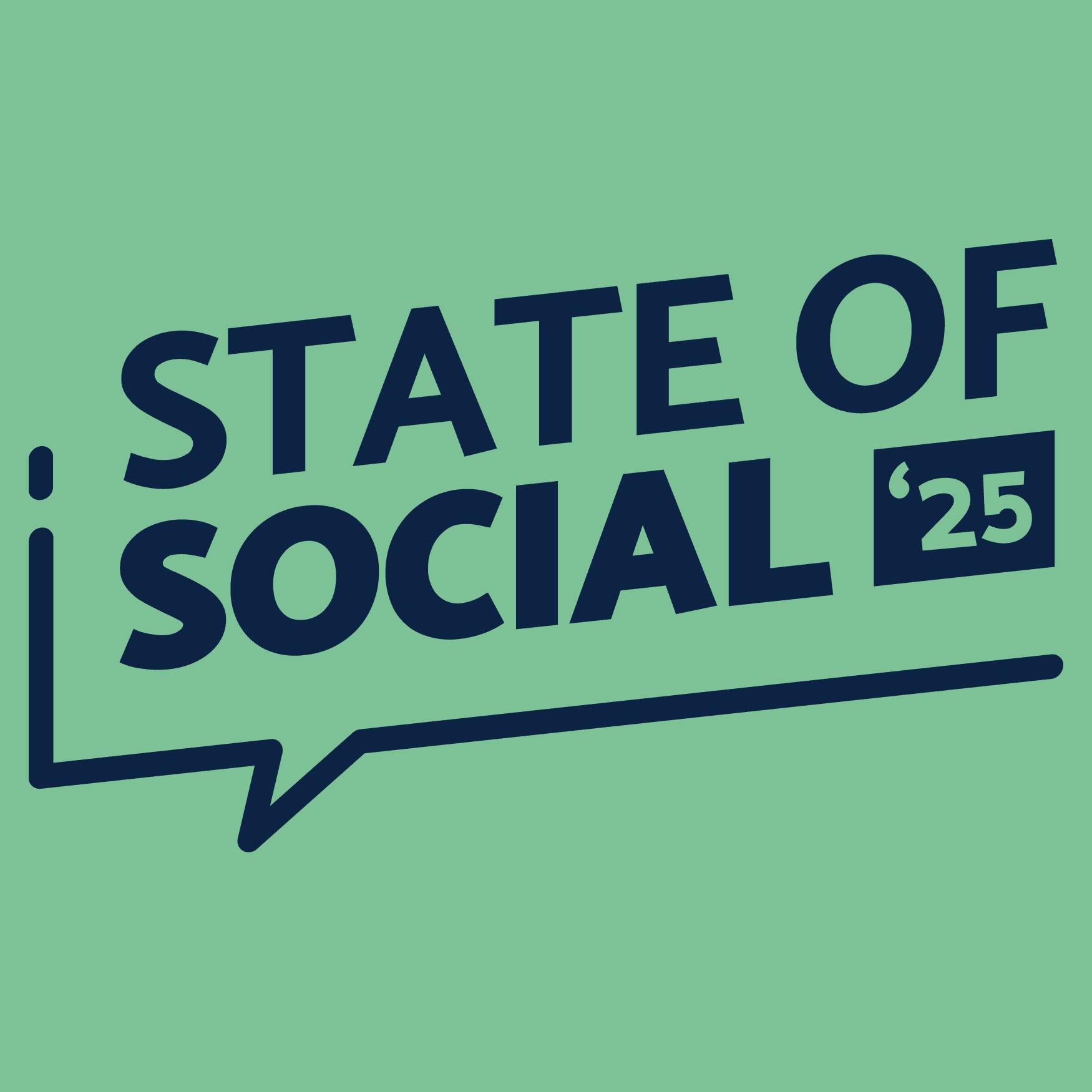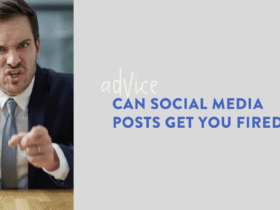It is important to create a social media policy, so employees understand what the rules and regulation are for in the digital space.
Creating a social media policy for your employees will give guidelines into how your staff can interact and use social media.
Your social media policy should be split into two parts. One part for the company’s social media accounts and another part for your employees and how they should act online.
The policy should be distributed to everyone as part of their training. It can also be rolled out as a new policy for all current employees.
Using social media at work
You can set guidelines on how employees can have access to their personal accounts at work. They will have to act responsibly and ensure their productivity isn’t affected. Using social media while at work can reduce their focus and concentration. Whether employees are using their accounts for business or personal reasons, they may easily get side-tracked by a simple notification or they could be just casually scrolling through platforms. Employees should use their common sense because if they start to decline in productivity by spending a lot of time on social media then they obviously might not have a job for too much longer.
Private information
Employees must refrain from sharing any intellectual property. If an employee gains information in a certain way through the company, they should definitely not put it on social media at all. Confidentiality policies and laws still apply to employees. Some companies are secretive about certain content and they may not want anything to be leaked. If this is the case for your company, be very clear about what content is allowed to be featured on social media and which ones are off-limits.
Behaviour
Employees should avoid any offensive or derogatory language on posted content. If you wouldn’t show it to your grandma, don’t post it online. The company is still being represented through you. Have the anti-harassment policy handy for new employees so they can understand exactly what is suitable and what isn’t suitable for online platforms. As tempting as it can be, avoid venting about workplace frustrations or conflicts, whether they involve managers, colleagues or customers. Even harmless posts like: “Wow, bad day at work, I need a wine!” can open the door for negative noise surrounding employees.
Personal vs Private
Ensure that employees understand the difference between your personal accounts and public accounts that are attached to the company. The tone that an employee writes in their personal accounts should vastly change once they’re on the company’s official social media account. Since LinkedIn and Twitter are open to the public, employees should be even more mindful of what they post on these social networks. If an employee might not want their social activities exposed, then they are best off keeping their Facebook and Instagram feeds set to “private.”
Ex-Employees
If an employee is let go or resigns, make sure you delete that person’s access to all corporate social media channels and change all social media passwords ASAP, to ensure the former employee can’t hack the account.
Employees are ambassadors of the company’s brand. If they are about to post something that they would be ashamed to say out loud, then they should think twice about posting it. As an employer, you can narrow this risk by educating employees and protecting your brand at the same time. In the 21st century, social media is taking over and you need to have policies in place to ensure that everyone is on the same page.
Now that you’ve done one for staff, have you written your Company Social Media Policy?
If you have recently written a social media policy and found it tough to write, please leave your comment below!
 Getting a new client is great. However, getting everything set up can be a tedious endeavour at the best of times...
Getting a new client is great. However, getting everything set up can be a tedious endeavour at the best of times...Our free checklist is here to help you speed up the onboarding process so you can start helping your digital marketing clients grow sooner rather than later.









LET’S CONNECT